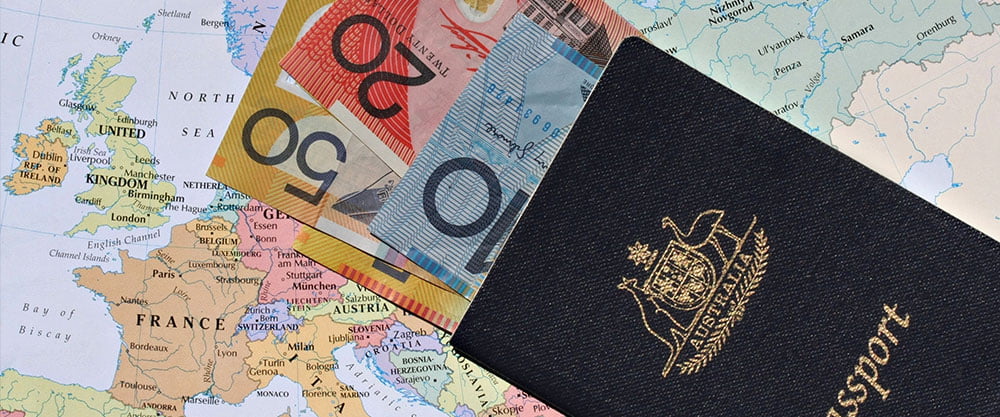For SME business travellers, claiming travel expenses once you’ve returned home has a significant impact on the overall cost of corporate travel activities. Correctly claiming travel costs ensures that your expenses are attributed to your business and not your own pocket. It also means you won’t have to waste time with the ATO when tax time rolls around.

Here are 4 tips that will help you claim corporate travel expenses properly the first time.
1. Keep an organised record of all your receipts
This one might seem like a no-brainer for all business expenses, but it’s extremely important to keep receipts from not only your large purchases such as flights and accommodation, but also smaller expenses such as food, ground transport and expenses which are incidental to your individual travel situation.
The ATO states that corporate travellers who are away for less than 6 nights in a row don’t need to keep receipts unless their travel allowance exceeds the Commissioner’s reasonable travel allowance limits. We believe that keeping a detailed record of receipts should be a matter of habit for any business traveller, regardless of the length of your business trip.
2. Keep a diary of your meetings and engagements
The key for SMEs when claiming travel expenses as tax deductions is whether or not the trip was necessary to the business for earning an income. It’s important to be able to prove a link between your travel expenses and earning business income. The easiest way to do this is to keep a detailed diary of your engagements while you’re away. Include information like meeting dates and times, locations, who you met, and the nature of your activities. Click here to get a free business travel diary template that we’ve put together for you.
3. Be clear about your business role and objectives whilst travelling
The role you play within your business can impact what you can and cannot claim as travel expenses. If you are on a roadshow to research new equipment, for example, this would not be assessed as tax deductible as your research is not directly related to business earnings. If, however, you are travelling to a trade or consumer expo as an exhibitor, this would be considered tax deductible[1].
4. It’s fine to mix business with pleasure, but don’t claim your holiday time as part of your business trip
If you’ve travelled predominantly for business purposes but have chosen to add some leisure time onto the beginning or end of your trip, it would be unwise to try and claim expenses incurred during this time as tax deductible business expenses. You can still claim the business-related period of your travels, but you need to clearly indicate at which point the work stops and the fun starts!
Detailed expense reporting is a vital component of your business travel. As part of its services, a good corporate travel management provider will do the leg-work for you in this area. They’ll generate comprehensive records and reports of your business travel spend, allowing you to easily manage your expenditure and relevant paperwork.
To find out more about how you can improve your travel expense reporting, contact us today.
[1] For more info on tip number 3, check out this video from the Australian Tax Office. (Video link is https://www.youtube.com/watch?v=wO7g22XroLk)
